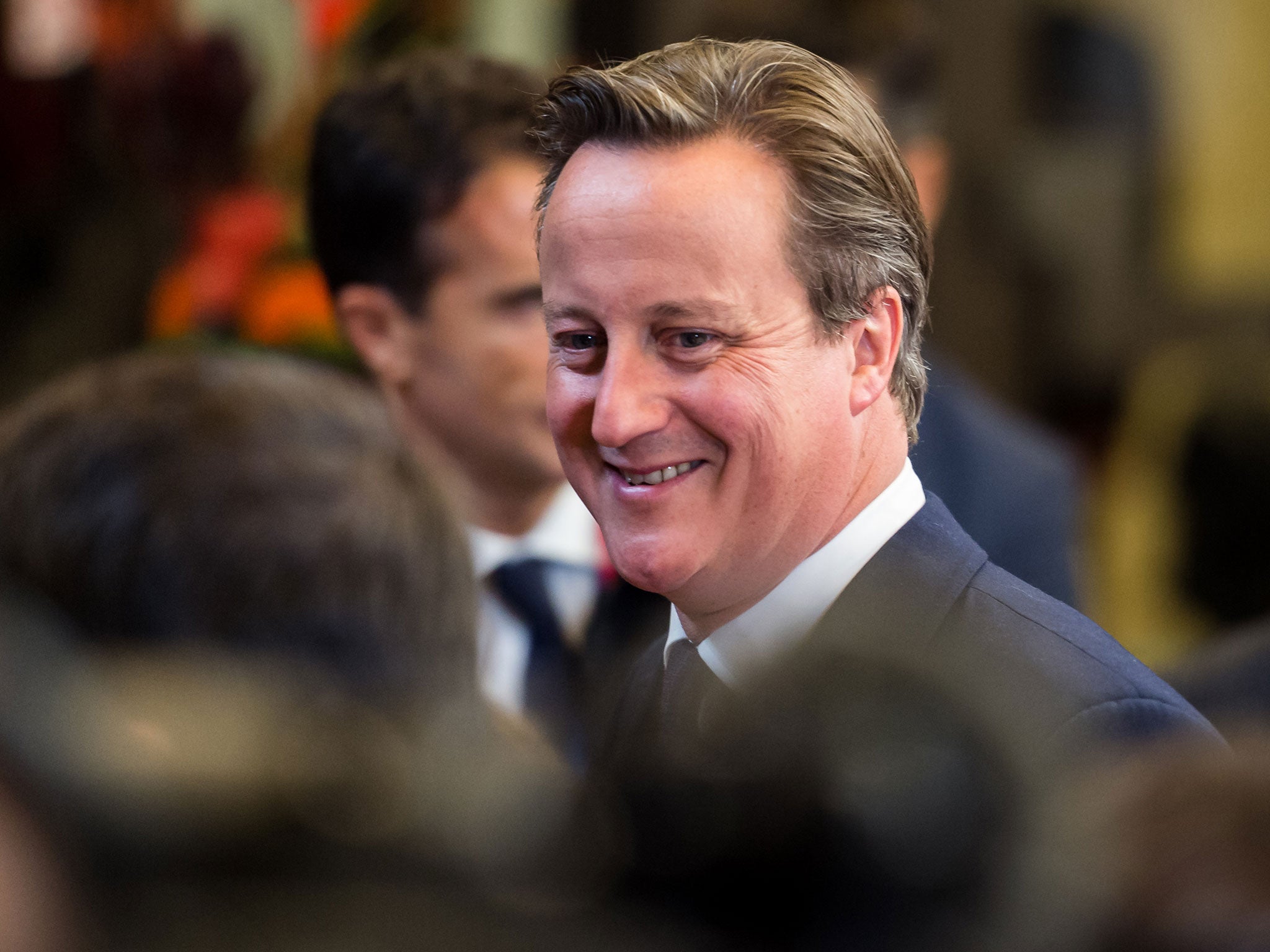The French government would be open to changes to European Union treaties to keep Britain from leaving the bloc, the country’s economy minister has suggested.
Emanuel Macron, who was speaking on a visit to London, took a noticeably softer line on David Cameron’s planned renegotiation than in previous statements, the Daily Telegraph newspaper reports.
“We shouldn’t turn a treaty change into something traumatic or taboo,” Mr Macron said. “We mustn’t close the door to the British if what they are demanding from other member states is acceptable.”
The statement contradicts earlier suggestions made by France’s Europe minister Harlem Désir, who said in May that treaty change could not happen under any circumstances.
“It has to be done without amending the treaties. We will not accept any reconsideration of our basic principles, like freedom of movement,” he told the website EurActiv at the time.
“I think the British know this. There would be strong opposition in the majority of states. Reforming the treaties would not make Europe more efficient. It would open an uncertain process, which would take years and be doomed to failure.”
It is not clear whether the new statement represents a change of the French government’s position of a division in the French cabinet about how to deal with the treat of Brexit.
A softening of the French position could represent a minor early victory for Mr Cameron, who has pledged to renegotiate the terms of Britain’s European Union membership before a referendum, to be held in 2017 at the latest.
Some of the changes he has proposed on welfare and freedom of movements are expected to require changes to fundamental treaties.
There are still significant hurdles to such amendments, however. Other countries remain hostile to some of the measures David Cameron is proposing and would be unlikely to ratify changes that went against their interests.
Additionally, some European countries are keen to avoid treaty change because of the existence of constitutional clauses that would require automatic referenda to ratify changes.
Eurosceptic Tory MPs
Show all 7Mr Cameron conceded in June that it was unlikely that any treaty amendments could be implemented before Britain’s plebiscite, his original plan.
Mr Cameron has at times struggled to find allies in Europe. Sweden’s ideologically similar centre-right government, formerly the Tories’ closest partner, was ejected from office in last year’s elections.
The PM has yet to produce total agreement with other states over major changes.
He has unveiled plans to make it more difficult for EU nationals to claim UK benefits and for the removal of jobless migrants.
Subscribe to Independent Premium to bookmark this article
Want to bookmark your favourite articles and stories to read or reference later? Start your Independent Premium subscription today.


Join our commenting forum
Join thought-provoking conversations, follow other Independent readers and see their replies